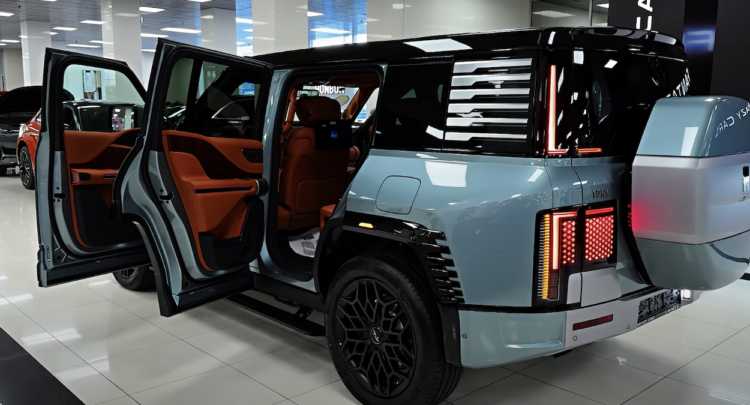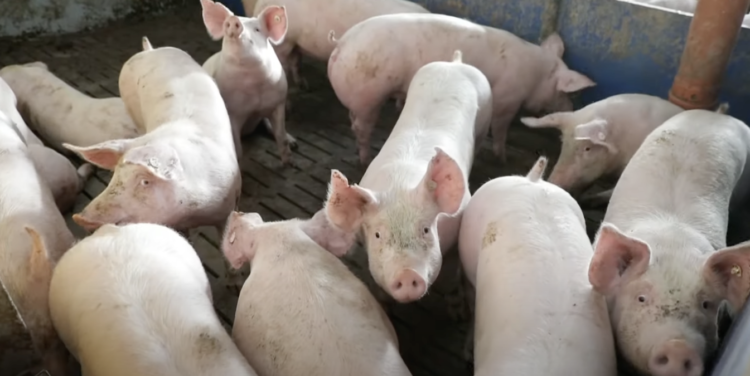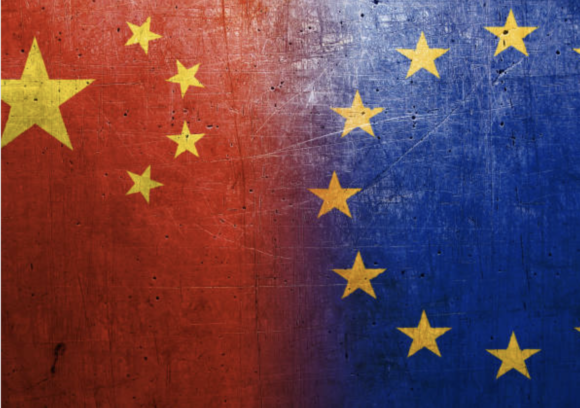In a significant development amid escalating trade tensions, China and the European Union have agreed to initiate consultations concerning the EU’s anti-subsidy investigation into Chinese electric vehicles (EVs). This agreement was reached during a video call between China’s Minister of Commerce Wang Wentao and the EU’s Executive Vice President and Trade Commissioner Valdis Dombrovskis on June 22nd, 2024.
According to statements released by both sides, the discussions are set to be conducted with a commitment to adhere to WTO rules and a focus on factual basis. The European Commission’s trade spokesperson, Olof Gill, emphasized the importance of achieving effective outcomes that address the concerns over subsidized practices.

“The EU’s investigation into battery electric vehicles originating from China will proceed with a clear intent to ensure fair competition,” stated Gill, underscoring the EU’s stance on countering injurious subsidization practices.

This move follows recent actions taken by both the EU and China in a tit-for-tat trade dispute. Earlier this month, the EU imposed tariffs on Chinese electric vehicles, prompting Beijing to initiate an anti-dumping probe into EU pork imports. These measures are part of broader economic strategies aimed at balancing trade relations and addressing perceived advantages granted to domestic industries.
German Vice Chancellor Robert Habeck, currently on his inaugural visit to China, clarified the EU’s position on tariffs, emphasizing that they are intended not as punitive measures but rather as a means to ensure fair competition. Habeck highlighted the extensive scrutiny conducted by the European Commission over several months to evaluate whether Chinese companies had received unfair subsidies.
As the consultations between China and the EU progress in the coming weeks, stakeholders on both sides are expected to engage in thorough discussions aimed at resolving the trade dispute while upholding international trade norms. The outcome of these talks could significantly influence future trade relations between two of the world’s largest economic entities, particularly in the burgeoning electric vehicle sector.




